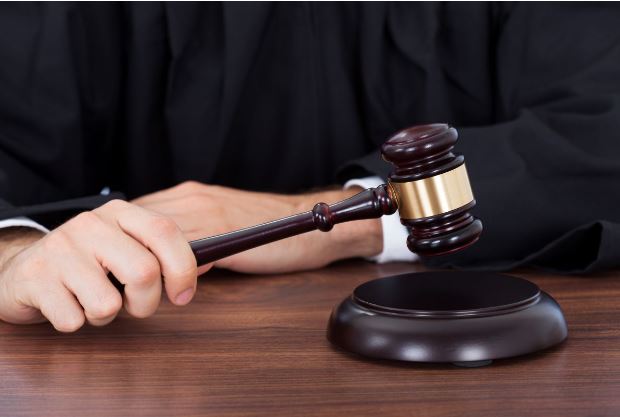When it comes to litigation in New York state, there are three potential outcomes: a settlement, dispositive motions, or a trial. The majority of clients who work with an attorney wish to avoid an extensive trial. Rather than go to court, they hire a lawyer in hopes of reaching an agreement (settlement) with the other party.
Warren S. Dank, Esq., P.C. offers representation for commercial and civil litigation in New York. At our full-service law office in New York City and Queens, we work tirelessly to handle cases with utmost care and responsibility.
In this post, we will explore the three potential outcomes of a case in-depth, so you can feel more prepared for any litigation you may be involved in.
What is a settlement?
A settlement is a legally binding, voluntary agreement between two parties that resolves the need for a case to go to trial. An attorney/lawyer can help by negotiating fair terms and possible resolutions to a case and draw up contracts that officiate the agreement.
Settlements can occur at any stage of a case, and most clients naturally want to reach one as early as possible. The majority of settlements involve some type of financial restitution for the plaintiff.
Settlement agreements waive the right for future litigation over the same issue. By accepting the terms of the settlement offer, the plaintiff and defendant officially end the legal matter.
What are dispositive motions?
A dispositive motion asks the court to determine the outcome of a case. A motion to dismiss requests the court to end a case before a trial; essentially, it asks the court to review the defendant’s allegations and determine whether or not the case is relevant to any laws.
A motion for summary judgment requests the court to make a decision about the case based on its facts. When two parties are unable to reach a settlement, this motion can lead to a resolution without the need for a trial.
What is a trial in law?
Legal trials are what most people envision when they think of litigation. This process involves both parties formally presenting their arguments and facts in front of a judge and, in some civil cases, a jury.
At the end of a trial, the court determines the outcome. Trials are often a lengthy, expensive process, but working with a qualified attorney/lawyer who understands the nuances of the legal system can help expedite the process.
Commercial and Civil Legal Support at Your Side
Warren S. Dank, Esq., P.C. is proud to offer our full attention to your case. In any litigation, the first step should be speaking with an experienced attorney/lawyer. They can often help you resolve disputes easily.
You may contact us online or, if you prefer, call us at (516) 364-2469. We look forward to speaking with you.

